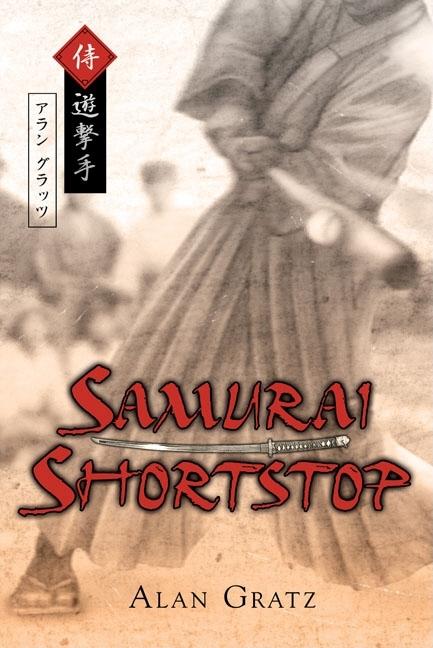Book Description
for Samurai Shortstop by Alan Gratz
From Cooperative Children's Book Center (CCBC)
“Toyo watched carefully as his uncle prepared to kill himself.” From an opening sentence that commands full attention, readers are plunged into a story of cultural change, peer pressure, a faltering father-son relationship, and baseball. In 1890 Japan was in the Meiji Restoration period, transitioning from a feudal society to an industrial nation. Samurai struggled to find a place within this rapidly evolving culture. Fifteen-year-old Toyo is from a family of samurai, and he is both honored and horrified to watch his Uncle Koji commit seppuku . Permission for this ritual suicide has been granted by the emperor for Koji’s participation in a samurai uprising, as an honorable alternative to execution. Toyo fears his father’s seppuku will be next, and that anxiety is compounded by his entry into a prestigious boarding school, where violent hazing is a tradition endured by all first-year students. Toyo’s love of (and skill for) the emerging sport of baseball helps sustain him during this difficult time. Compelling sports scenes are deftly balanced with Toyo’s school and family life, combining into a finely crafted historical novel. A welcome note at the conclusion provides additional insight into the evolution of baseball in Japan, as well as the author’s choices in writing a historical novel that will resonate with contemporary teens. (Ages 13–16)
CCBC Choices 2007 . © Cooperative Children's Book Center, Univ. of Wisconsin - Madison, 2007. Used with permission.


